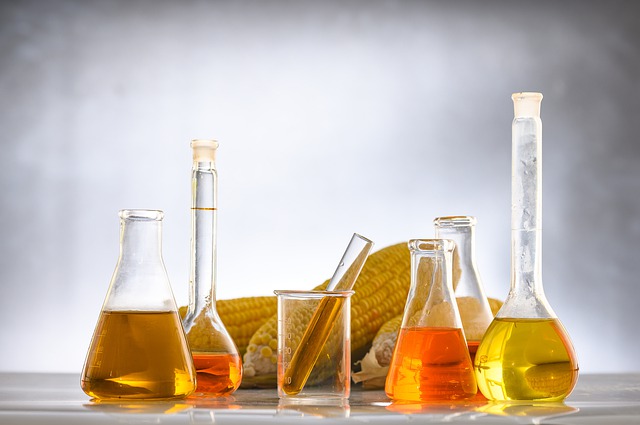
Eni and BF in partnership for bio-refining projects
Through an equal joint venture (50% Eni, 50% BF), projects will be developed to research and experiment with agricultural seeds from oil plants to be used as feedstock at Eni’s bio-refineries. Furthermore, the agreement between the companies provides for the purchase by Eni of a minority stake in BF Bonifiche Ferraresi’s subsidiary and for Eni’s entry into BF’s share capital by means of a reserved capital increase.
The agreement builds on a strong track record of collaboration between Eni and BF in the agricultural sector for the development of economic diversification initiatives, skill transfer and support for entrepreneurship in Italy and abroad.
The agreement is of strategic importance as Bonifiche Ferraresi, at 7,750 hectares, is the largest Italian farm in terms of utilised agricultural surface area and Eni produces advanced biofuels at its bio-refinery in Gela and Venice Porto Marghera, one of the tools to help contain CO2 emissions in the transport sector. As of 2023, Eni will no longer use palm oil in its production processes.
The testing and experimentation activities of the joint venture will be carried out at Bonifiche Ferraresi’s “Open Sky Laboratories” in Sardinia and will be aimed at assessing the ability to replicate production processes currently used in Italy in the other countries in which Eni operates, Africa in particular. The joint venture will also focus on the development of training programmes for personnel for agro-feedstock project development sectors. The identification of the most suitable plant species will comply with the sustainability criteria defined in the European Directive on biofuels, promoting sustainable cultivation, protecting the soil and not taking away land that could be used for food production, thus promoting the sustainable economic development of marginal land in Italy and abroad.
The initiative is part of Eni’s strategy for achieving full carbon neutrality by 2050, which includes green refining as a strategic element, with production capacity expected to double to around 2 million tonnes by 2024 and a further increase to 5/6 million tonnes expected by 2050.
Information Source: Read More
Oil and gas, press , | Energy, Climate, Renewable, Wind, Biomass, Sustainability, Oil Price, LPG, Solar

